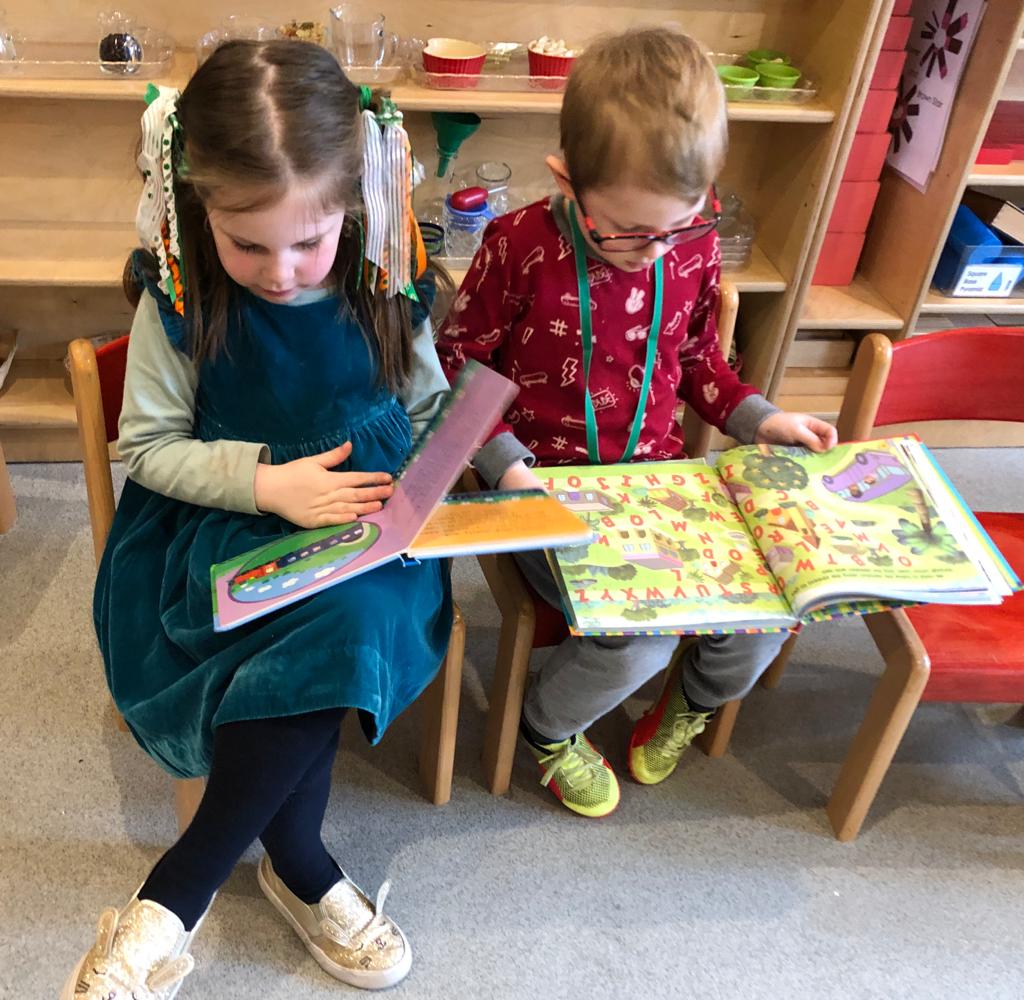When I first encountered the educational philosophy of Maria Montessori whilst studying childcare over 30 years ago, I was struck by her battle against discrimination in her efforts to study medicine. Very quickly, I became captivated by how her research interests had shifted from medicine to education when she found herself working with children, some with significant disabilities. I was surprised and intrigued by her creative yet practical approaches to teaching them and inspired by her profound respect for the child and his or her potential. Within a short time, I realized a dream and established my own pre-school based on the philosophy of that great educator. With limited resources and an abundance of enthusiasm, I started with 10 young children. On the classroom wall I framed Montessori’s articulation of what every child wants: ‘Help me to do it myself!’ To this day, it remains on my classroom wall.
According to Montessori, what really makes a quality teacher is, quite simply, love for the child. I love and value our children as unique individuals supporting their potential to be something that only they can be—themselves!! I value their differences and identities. I value their trust and their openness, their honesty and enthusiasm, their interests and energy. I value their abilities—whatever they may be—ensuring equality of access to a culturally and developmentally appropriate learning environment. I value their parents as partners in the educational process. I value the fact that I am privileged to play a part in the most formative stage of their lives.
Since encountering the Montessori method of education many decades ago, my service has expanded. I now lead a practice caring for and educating 44 children in two sessional services—morning and afternoon. I remain the Directress and employ one other teacher. I adopt a ‘transformational’ approach to leadership (Burns, 1978) as I enjoy mentoring and helping others to fulfill their own potential as leaders.
My classroom pedagogy continues to be shaped by the research and principles of Maria Montessori. Like her, I believe in the power and potential of young children. I know that in early childhood, the foundations for human development are laid. Based on this philosophy, the primary focus of my practice lies in developing the distinctive and individual potential of every child. I have a holistic understanding of the child in which all aspects of personality—intellectual, social, emotional, psychological and spiritual—are nurtured, valued and encouraged to blossom. To achieve this, I have devised a range of policies on respecting diversity and equality, health and safety, transitions, inclusion, outdoor play, staff recruitment, outings, safeguarding children and promoting positive behavior—to guide and inform my practice.
Continuous professional development and reflexive practice are essential for an effective practitioner. This helps me develop the skills of effective leadership, including, the ability to work with parents as partners, the capacity to see the uniqueness of each child as an active agent in the learning process, the ability to engage with other professionals, the capability to create a positive and secure environment and the willingness to empathize and create quality interactions.
I believe that it is important that an early years’ environment is stimulating, that ratios are appropriate and that teachers are trained. Equally important, however, is the degree of parental engagement, the broad and balanced the curriculum, the implementation of the ‘Key Person’ policy and the acceptance of each child’s own agency in the learning process. These ‘quality indicators’ (Hayes, 2013) remain under constant reflexive review.
My goal is to provide a high-quality early years Montessori education informed by the National Quality Framework Síolta (2006) and inspired by the National Childhood Curriculum, Aistear (2009). Adapting the Montessori method to accommodate the important themes of Aistear and the standards of Síolta has enriched my practice. I believe that how we teach influences the future learning of children. Within a stimulating and engaging environment, children are placed at the heart of the curriculum. I support them as individual learners and I challenge exclusion and inequality when encountered.
There are many challenges in the early years sector. One of them concerns protecting the interests of vulnerable minorities. Maintaining essential links between home and school are is essential to establish a secure base for a child. As a leader in the community, I continue to work on behalf of vulnerable children by accessing the few support services that are available.
My vision is that the children I have the privilege to educate today will become the leaders of tomorrow—confident in who they are, considerate of others, curious and imaginative, respectful of difference, active against inequality and prejudice—and unafraid to shine!
by Jo Chrobak, Pre-School Directress


